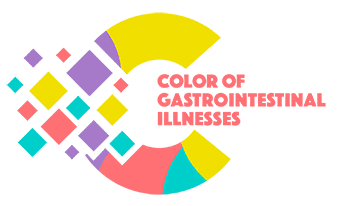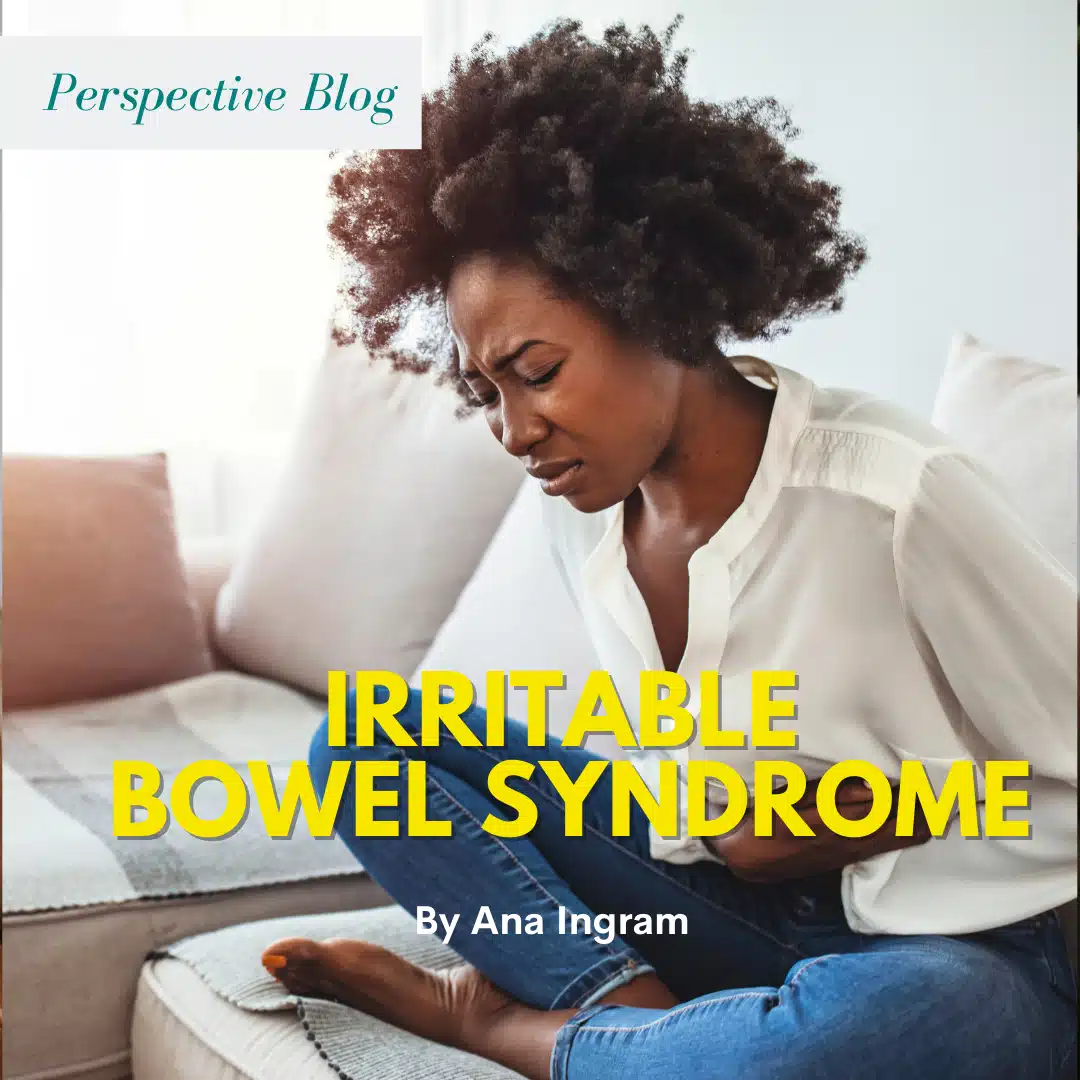Irritable Bowel Syndrome is a disorder characterized by abdominal pain or discomfort, and altered bowel habit. It can include chronic or recurrent diarrhea, constipation or both, occurring together or alternating.
IBS can affect any gender and any age. Studies estimate that it affects up to 15% of individuals worldwide and has an enormous impact on a person’s quality of life. IBS affects anywhere from 25 to 45 million people in the United States. Every 2 in 3 IBS sufferers are female and mostly affects those under the age of 50.
IBS is often confused for IBD (Irritable Bowel Syndrome). While some of the symptoms may be similar, an individual can have both IBS and an IBD (Crohn’s Disease and Ulcerative Colitis). IBS, like IBD, can be a long term chronic illness. There is no known cause of IBS but studies show that there are several causes that can bring on the symptoms of IBS. They include:
- Genetics
- Prior adverse life experiences to include infections and trauma
- Abnormalities in guy mobility
- Improper functioning of the immune system
- Abnormal amounts of bacteria and other organisms in the gut
- The central nervous system’s interpretation of painful signals coming from the gut.
IBS is often referred to as the brain-gut disorder as the activities of the gut are regulated by the brain. The disruption between the synergy of the brain, nervous system, and gut is the main cause of IBS. Stress can worsen symptoms and can lead a person from mild inconvenience to severe debilitation. Colonic mobility and sensation alterations are attributed to the disruption of the communication between the brain and the gut.
While a person can have IBS and an IBD diagnosis, there are many other diseases that can be diagnosed with IBS. They include:
- Fibromyalgia
- Chronic Fatigue Syndrome
- Migraine and tension headaches
- TMJ (temporomandibular joint disorder)
- PTSD
- Chronic Pelvic Pain
Other Digestive Disorders to include:
- Celiac Disease
- Diverticulitis/Diverticulosis
- Food Allergies
- Lactose Intolerance
- Malabsorption
- Volvulus
It’s time to go to the doctor. Many individuals will not seek medical attention for the symptoms they experience. Symptoms may include pain or discomfort in the abdomen, change in bowel habits (diarrhea or constipation), bloating or urgency in bowel movements. Testing must be done to determine if it is IBS as well as any other diagnosis. Doctors may administer blood tests, stool tests, recommend a colonoscopy, a barium enema or psychological testing to determine if the diagnosis is IBS.
Seek medical care if any of the symptoms arise so that you may be prescribed the appropriate medication to experience relief.
Resources:

